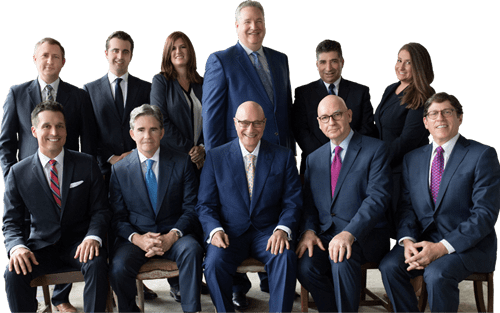Can working in construction be dangerous? Of course, especially in New York since construction workers are often required to work at great heights. Fortunately, New York has some of the toughest worker protection laws in the country.
However, what happens if you are injured in a construction-related fall and your boss tries to put the blame on you? Will you be barred from seeking compensation for your injuries? In most cases, no. Thanks to New York’s Scaffolding Law, you will not be barred from seeking damages, even if your boss is trying to blame you for the fall.
What is the Scaffolding Law?
Otherwise known as Labor Law §240, New York’s Scaffolding Law requires property owners and general contractors to provide construction workers with proper and sufficient protection when they are working at heights, including properly installed safety equipment such as scaffolding, ladders, pulleys, hoists and braces. The law applies regardless of whether the construction workers are involved in the erection, demolition, repair, renovation, painting or cleaning of a building.
Fortunately for construction workers, the New York Court of Appeals — New York’s highest court — has repeatedly determined that this law makes property owners and contractors “strictly liable” for fall-related injuries suffered by construction workers.
This means that if property owners or contractors fail to provide proper protection as required by Labor Law §240, and a worker is subsequently injured, then property owners or contractors may be held legally responsible. Therefore, in the vast majority of situations, it doesn’t matter if they are trying to blame the worker for the injury, they will still be liable.
However, New York’s Scaffolding Law can be difficult to navigate, especially since there are many caveats to this law, including the fact that it does not apply to projects involving one and two-family dwellings where the owners do not direct or control the work. This is why it is always best to seek experienced legal guidance should you have any questions.













